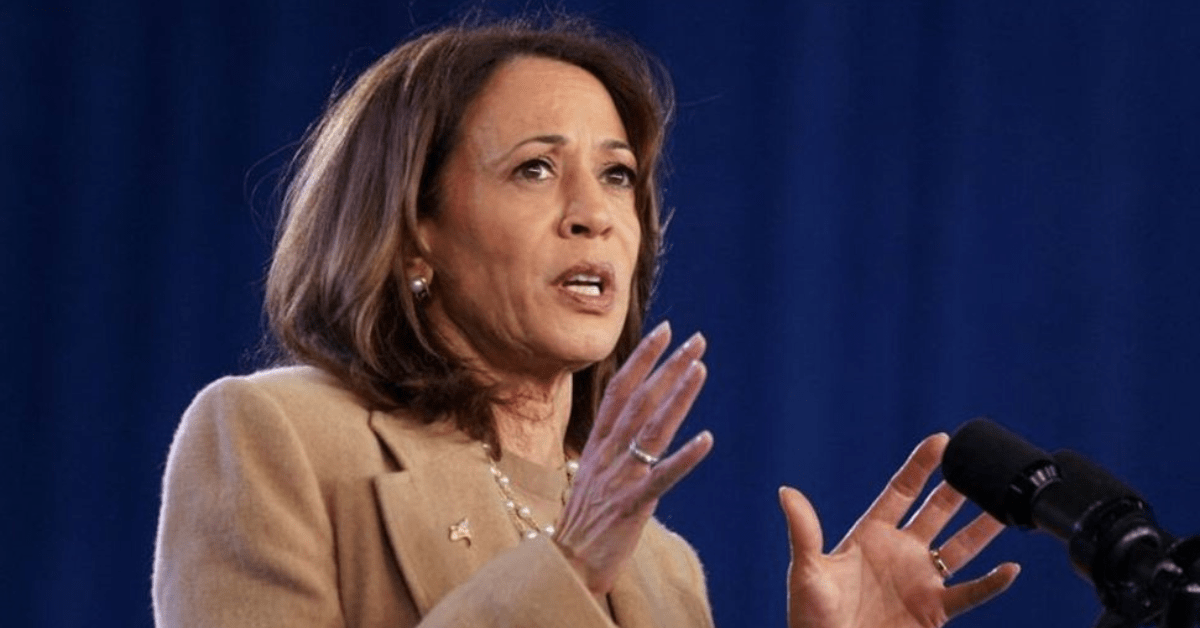As Election Day nears, Democrats are gaining momentum in two of Iowa’s four congressional districts, according to a new Des Moines Register/Mediacom Iowa Poll. This marks a shift from previous months, with Democrats now leading in both the 1st and 3rd districts, which have been some of the most hotly contested races this election season. Currently, all four of Iowa’s congressional seats are held by Republicans.
The poll, conducted from October 28-31, shows that likely Iowa voters narrowly favor Democrats statewide, with 45% supporting a Democrat for Congress compared to 44% who prefer a Republican. This slim margin marks the first statewide lead for Democrats in Iowa’s congressional races since September 2020.
In the 1st District, Democrat Christina Bohannan leads Republican U.S. Rep. Mariannette Miller-Meeks by 16 points. This is a striking turnaround from 2022, when Miller-Meeks defeated Bohannan by nearly 7 points. Bohannan’s campaign has focused on issues like reproductive rights and economic policies, which she argues will benefit southeast Iowa, including cities like Iowa City, Davenport, and Keokuk. Her opponent, Miller-Meeks, has emphasized her conservative stance on issues such as abortion and gender in sports, which resonate with many of her core supporters.
For central Iowa’s 3rd District, Democrat Lanon Baccam leads Republican incumbent Zach Nunn by 7 points. This district also shows a major shift from the previous poll in September, which showed an 8-point advantage for Republicans. Baccam, a military veteran and first-time candidate, has highlighted his background and commitment to women’s rights as central to his campaign, which has struck a chord with voters in areas like Des Moines and Ottumwa. His opponent, Nunn, also a military veteran, has campaigned on issues like economic growth and immigration, focusing on his legislative experience.
While Democrats are making gains in these two districts, Republicans still hold an edge in the other two. In the 2nd District, Republican U.S. Rep. Ashley Hinson leads her Democratic challenger, Sarah Corkery, by 3 points. This represents a narrowing from previous polls, where Republicans held an 8-point lead in September and a 21-point advantage in June. Corkery has positioned herself as a fresh voice for northeast Iowa, with a focus on small business support and healthcare access. Hinson, a former journalist, has run on her record and has spoken about her support for strong immigration policies and fiscal responsibility. Independent candidate Jody Puffett, who has campaigned to Hinson’s right, may also influence the final outcome.
Finally, in Iowa’s 4th District, Republican Randy Feenstra has a 16-point lead over Democrat Ryan Melton. This district, which includes cities like Ames, Sioux City, and Council Bluffs, is Iowa’s most conservative. Feenstra, seeking his third term, has focused on maintaining traditional values and addressing economic challenges. Melton, however, is working to close the gap by appealing to younger voters and focusing on worker rights.
The poll reflects broader trends across Iowa as key issues like inflation, reproductive rights, and the economy shape voters’ choices. For many Iowa Democrats, reproductive rights are a driving issue, while economic concerns remain at the forefront for many Republicans.
In addition to the congressional races, the poll found that in the 1st District, Vice President Kamala Harris holds a notable lead over former President Donald Trump, with Harris favored by 54% of voters compared to Trump’s 37%. This may hint at broader shifts in voter sentiment in this part of the state.
The poll surveyed 808 likely Iowa voters, with a margin of error of ±3.4 percentage points. Results suggest that while Republicans remain strong in two districts, the Democratic gains in the 1st and 3rd Districts have made these races especially competitive. With early voting underway since October 16 and Election Day just around the corner, both parties are making final pushes to secure these key districts.
As Iowa voters head to the polls, the outcomes in these districts will not only shape Iowa’s representation in Congress but could also signal broader shifts in national politics.
